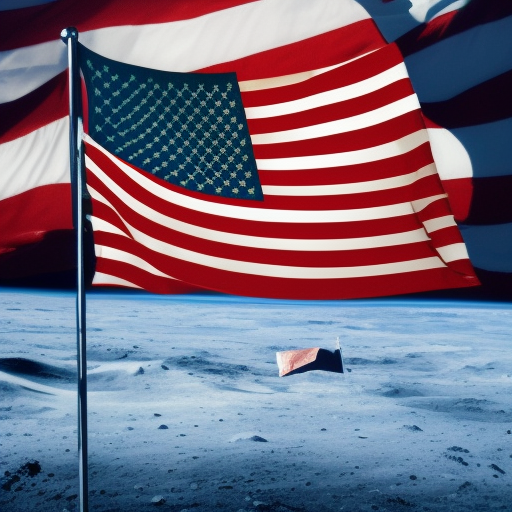
Must step on the moon's surface.
Must not have US citizenship.
One of the major benefits of being able to land 4 or more people on the moon, instead of just 2 with the Apollo lander, is that NASA can now bring along random Canadians, Japanese, Europeans, and other international partners on the space program. See for instance the Artemis 2 crew selection, which includes a Canadian citizen (as far as I know he is not a dual citizen??): https://www.nasa.gov/press-release/nasa-names-astronauts-to-next-moon-mission-first-crew-under-artemis
By the start of 2030 I think we will have had at least one NASA moon landing, possibly two or even three (and I'd expect basically every Artemis mission to include at least one international-partner astronaut):
https://manifold.markets/Mqrius/will-a-human-walk-on-the-moon-again-2fc067c3b7fb
Whether China makes it to the moon in 2029 or earlier is more doubtful, but that should also contribute at least a small amount of probability mass to this market: https://manifold.markets/Isaac228c/will-cnsa-china-land-on-the-moon-by
@JacksonWagner worth pointing out that only two of the four Artemis 3 astronauts will actually go to the surface
@JoshuaWilkes same with Artemises 4 and 5. Given that Orion is obviously capable of operating autonomously this feels like a huge misallocation of time resources; I guess it's just NASA conservatism?